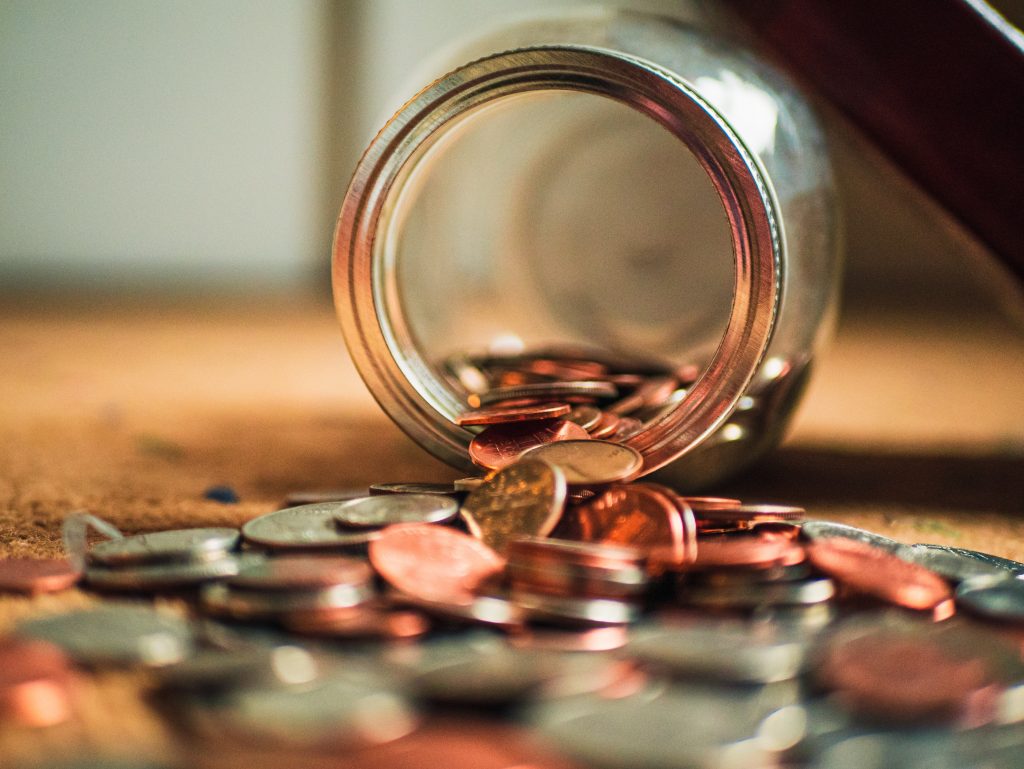
The ability to save money is an essential component of having financial security and stability. In the absence of a savings cushion for unforeseen costs, which can quickly turn into financial disasters, and of long-term savings, which can make it impossible to prepare for the future, an emergency fund is essential. In this piece, we’ll go over several wise ways to save money that can assist you in putting together an emergency fund and making long-term financial plans.
Establish Objectives That Can Be Accomplished
The first thing to do in order to save money effectively is to establish objectives that are feasible. Find out how much money you need to save and by when you need to do it. It is essential to keep oneself motivated and on track by establishing goals that are SMART, which stands for specific, measurable, achievable, relevant, and time-bound. For instance, you could set a goal to save $3,000 within the next year to cover any unforeseen expenses, and clear and debt with a 3000 loan, or you could set a goal to save $10,000 within the next five years to use as a down payment when you buy a house.
Make Saving Automatic
Making it an automatic process is one of the least difficult ways to save money. You should have your paycheck automatically deposited into a savings account on a regular basis. In this manner, you can avoid giving in to the temptation of spending the money before you have the opportunity to put it away in savings. You may also save money automatically from your checking account by using an app like Acorns or Digit. These apps save you modest sums of money on a regular basis.
Make a Budget
A spending plan and financial plan should always go hand in hand. If you make a budget, you will be able to see exactly how much money is coming into and leaving your account on a monthly basis. This gives you the ability to pinpoint areas in which you may reduce your expenditures and put the money you save towards achieving your financial goals. Make sure that your budget includes a section for saves, and that you set aside a certain amount of money on a monthly basis to contribute to either your savings for a rainy day or your retirement fund.
Prioritize Debt Repayment
Paying off debt is a crucial component of responsible financial planning and saving. The accumulation of high-interest debt, such as that carried by credit cards, can happen very fast and make it difficult to save money. Paying off debts with the highest interest rates first and then putting the money saved towards savings should be your top priority when it comes to debt repayment. You’ll be able to put more money towards your savings objectives as you knock out your debt one payment at a time.
Reduce Costs
One more efficient method for saving money is to reduce one’s overall expenditures. Look for areas in which you may cut your expenditure, such as reducing the number of times you eat out, buying groceries when they are on sale, or dropping subscription services that you aren’t using. Even a few simple adjustments can result in considerable cost reductions over time.
Boost Financial Gains
Raising the amount of money you bring in is yet another technique to swell your savings. Think about getting a part-time job, doing some freelance work, selling things you don’t use anymore, or creating a side business to bring in some extra cash. Any extra money might be used towards your emergency fund or long-term savings goals.

Take Advantage of Cash Windfalls Wisely
It can be easy to squander unexpected sums of money, such as tax refunds or bonuses, on things that aren’t really necessary. But, making prudent use of these unexpected occurrences might help you build up your funds. You could want to think about paying off some of your debt with the money or putting it straight into an emergency fund. You can also put it towards an additional payment into your retirement savings account if you choose to do so.
Get a Discount on Important Acquisitions
When buying significant purchases, such as a car or home, be careful to look around for the best deals and negotiate when possible. Buying things that are used or have been previously owned can save you money as well. You will be able to contribute more money towards your goal of long-term savings or your emergency fund if you reduce the amount of money you spend on significant purchases.
Create a Savings Account Just in Case
An emergency fund is an essential component of wise saving. Your goal for your emergency fund should be to have enough money saved up to cover your living expenditures for three to six months. This fund can be used to cover unforeseen costs, such as those incurred in the event of a medical emergency or a loss of employment. Put your emergency money in a savings account that is separate from the rest of your savings so that you won’t be tempted to use it for things that aren’t an emergency.
